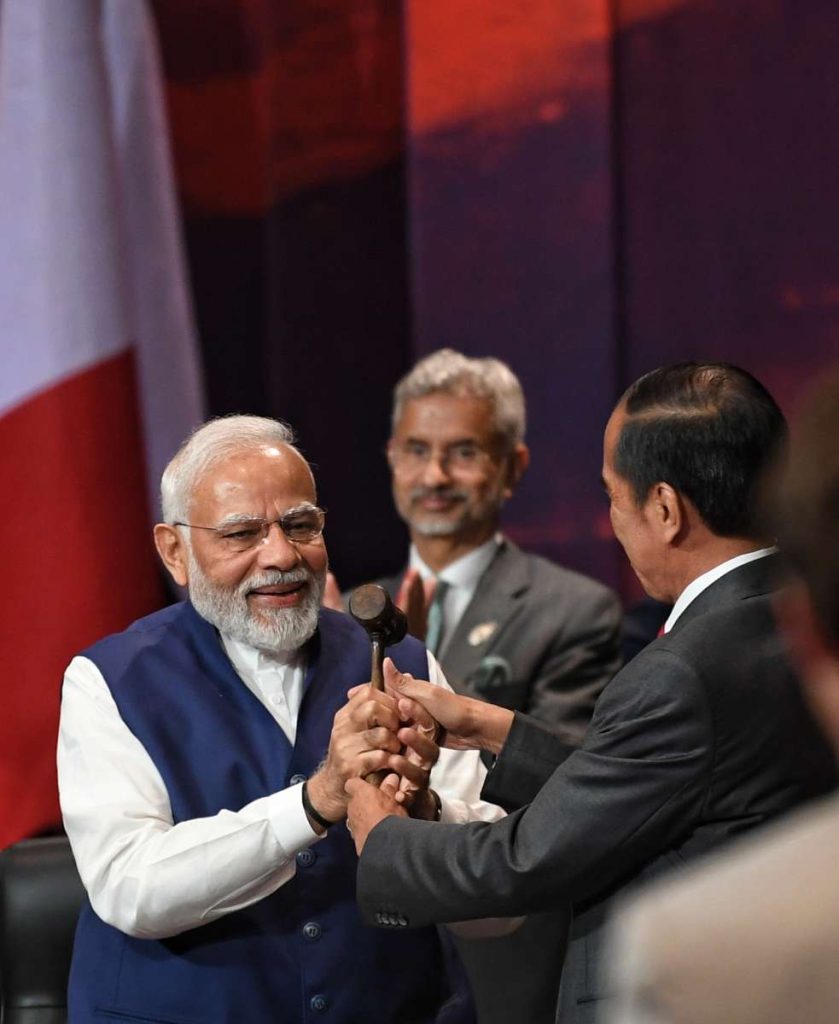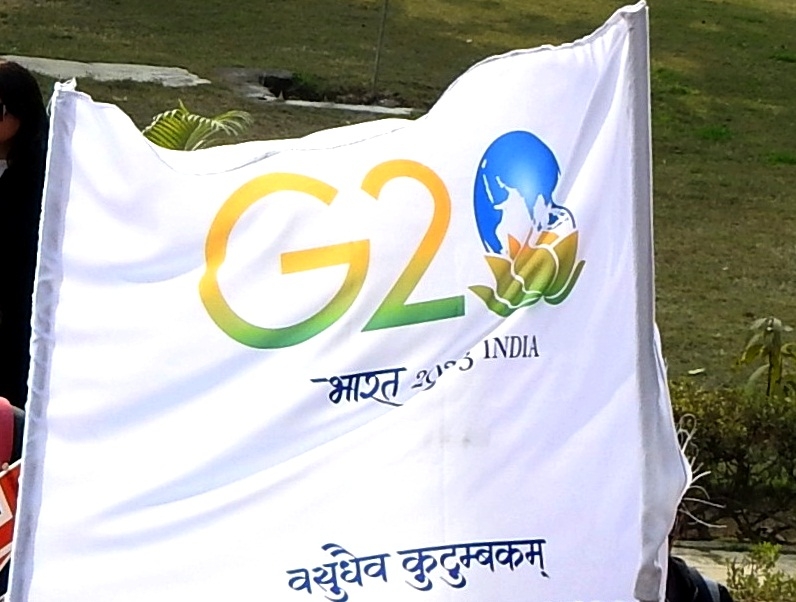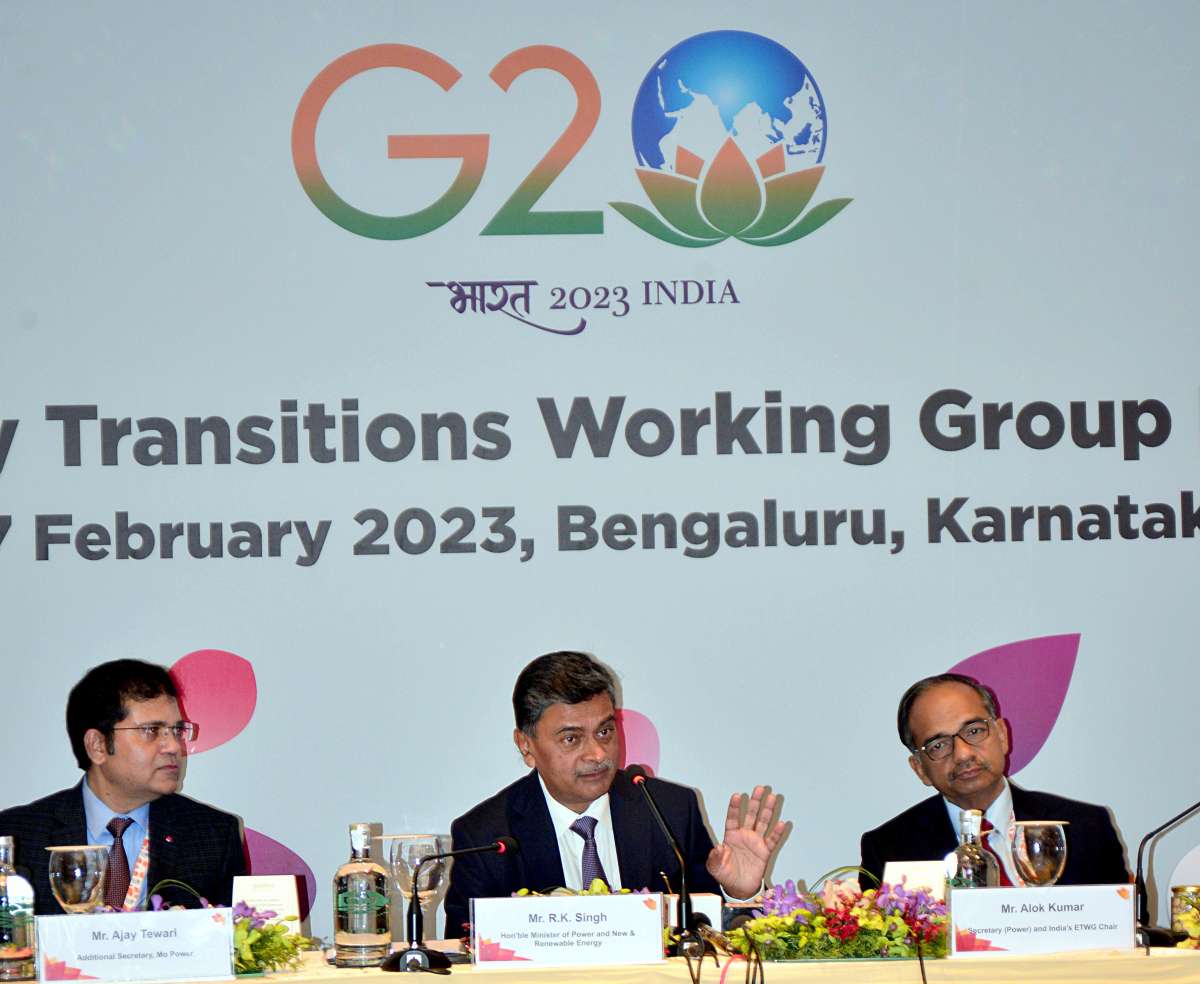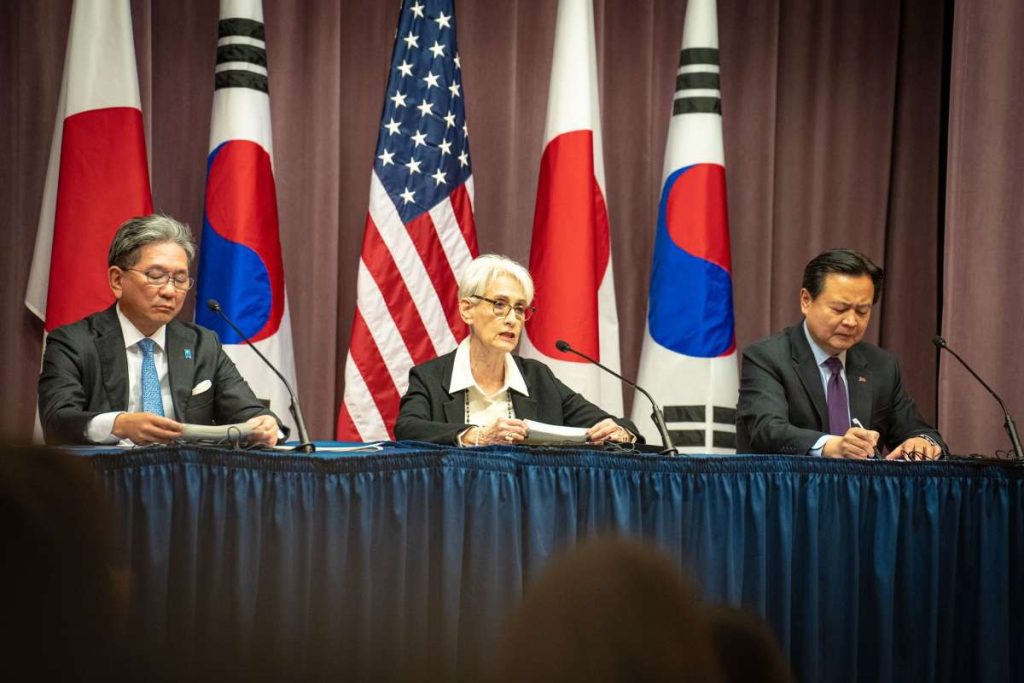While inaugurating the recently held India Energy Week (IEW) 2023 in Bengaluru, India’s Prime minister Narendra Modi mentioned how India’s energy demand has significantly increased it will reach 11 per cent of the global demand as compared to 5 per cent currently. The plethora of opportunities for energy firms to invest in India comes from the increased demand and India’s energy transition commitments. Renewable energy investment in India is vital for meeting India’s international and domestic climate goals … writes Anasudhin Azeez
India during its ongoing G20 presidency has recently signed a memorandum of understanding with Indonesia-Malaysia-Thailand Growth Triangle Joint Business Council to further promote the adoption of energy efficiency and sustainable practices in the region.
India’s power secretary Alok Kumar said the member countries responded positively to the need for energy security and diversified supply chains. While inaugurating the recently held India Energy Week (IEW) 2023 in Bengaluru, India’s Prime minister Narendra Modi mentioned how India’s energy demand has significantly increased it will reach 11 per cent of the global demand as compared to 5 per cent currently. The plethora of opportunities for energy firms to invest in India comes from the increased demand and India’s energy transition commitments. Renewable energy investment in India is vital for meeting India’s international and domestic climate goals.

India’s Budget 2023 also saw the allocation of Rs 35,000 crore as a priority capital investment toward energy transition. The allocation is in line with the government’s objective to achieve the goal of net zero emissions by 2070.
These vital policy decisions are being taken to keep India’s energy transition in mind. However, India’s policies and commitments are also citizen-oriented. The climate change mitigation policies need to be affordable secure and sustainable. By focusing on the hard-to-abate sectors which are sectors where decarbonisation options are limited or expensive (production of iron and steel, cement, non-ferrous metals, and chemicals), Green hydrogen will play a major role in achieving the net zero. India is also aiming to become a global hub for green hydrogen production and exports. Under the National Green Hydrogen Mission, Rs 19,444 crore has been allocated for green hydrogen. This is aimed at producing 5 million tonnes of green hydrogen annually by 2030.
India has made great progress in its transformation from a country that relied heavily on coal to a potential leader in the renewable source of energy. As per the latest data published by the Ministry of New and Renewable Energy India stands at 4th position in the world in terms of installed Renewable Energy capacity, reported NewsonAir.

Schemes like PM-KUSUM which aims to provide financial and water security to farmers through harnessing solar energy or National Smart Grid Mission (NSGM) are key initiatives of the government. The government’s flagship initiative, the Green Energy Corridor (GEC) which aims at synchronizing electricity produced from renewable resources, such as wind and solar, with the conventional power stations in the grid is yet another step in that direction.
According to the data published by the Ministry of New and Renewable Energy, as of 31.12.2021, works related to the installation of transmission towers and their stringing for an aggregate of approx. 8468 ckm have been completed, and substations of aggregate capacity of approx. 15268 MVA have been charged.
India has consistently backed the switch to renewable energy sources, and one of its initiatives in this direction is the International Solar Alliance. Recently, New Zealand’s Foreign Minister Nanaia Mahuta during her visit to India handed over the signed copies of the International Solar Alliance (ISA) Framework Agreement paving the way for New Zealand’s membership of this initiative.
India has done a number of actions toward energy storage. Further, Solar Energy Corporation of India (SECI) issued a tender for 1000 MWh Battery Energy Storage System (BESS) in October 2021 to enable DISCOMS to use storage facilities on an on-demand basis. BESS, one of the most important emerging technologies in the Indian renewable energy market, can provide both peak-time power supply and 24-hour electricity to help overcome renewable energy’s unsteady nature.
In addition, International Energy Agency’s India Energy Outlook 2021 also projected that India could potentially have 140-200 gigawatt (GW) battery storage capacity, the largest for any country, by 2040.








